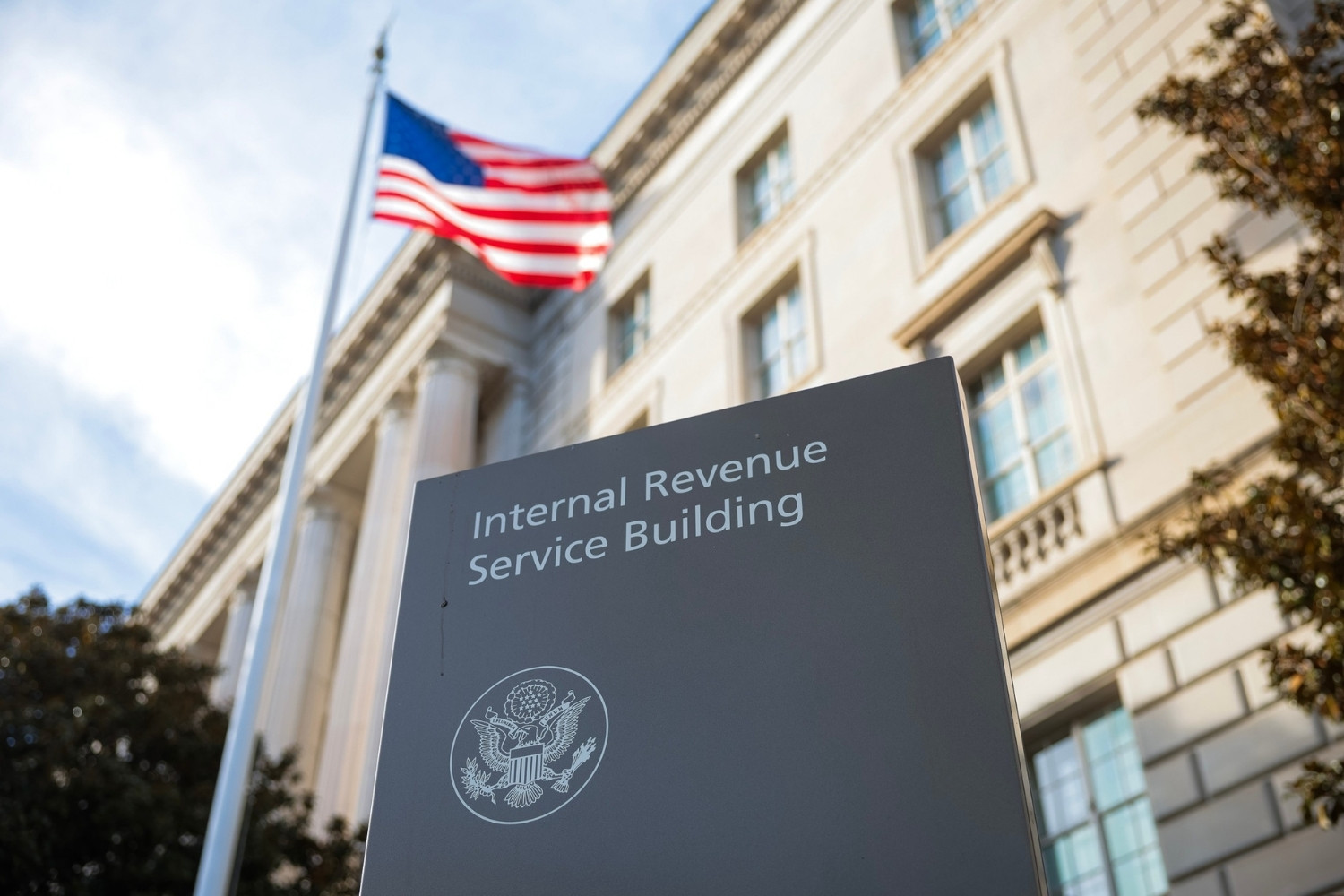
Ever wondered what the IRS does besides collecting taxes? The Internal Revenue Service (IRS) is a crucial part of the U.S. government, but there's more to it than meets the eye. From its origins to its modern-day functions, the IRS plays a significant role in the financial health of the nation. Did you know the IRS was created during the Civil War to fund the Union effort? Or that it processes over 240 million tax returns annually? This article will dive into 30 intriguing facts about the IRS, shedding light on its history, operations, and some lesser-known details. Whether you're a taxpayer or just curious, these facts will give you a better understanding of this vital institution.
The Origins of the IRS
The Internal Revenue Service (IRS) has a long history that dates back to the Civil War era. Here are some fascinating facts about its beginnings.
- President Abraham Lincoln created the IRS in 1862 to fund the Civil War.
- The first income tax rate was 3% on incomes over $800.
- The Bureau of Internal Revenue, the IRS's original name, was established by the Revenue Act of 1862.
- The first commissioner of the IRS was George S. Boutwell.
- The income tax was repealed in 1872 but reinstated in 1913 with the 16th Amendment.
IRS Structure and Operations
Understanding how the IRS operates can help demystify this often-feared agency. Here are some key points about its structure and daily functions.
- The IRS is a bureau of the Department of the Treasury.
- It employs over 70,000 people across the United States.
- The IRS processes more than 240 million tax returns annually.
- The agency's headquarters is in Washington, D.C.
- The IRS has four main operating divisions: Wage and Investment, Large Business and International, Small Business/Self-Employed, and Tax-Exempt and Government Entities.
Tax Collection and Enforcement
The IRS is responsible for collecting taxes and enforcing tax laws. Here are some interesting facts about its tax collection and enforcement activities.
- The IRS collected over $3.5 trillion in taxes in 2020.
- It issues more than 120 million refunds each year.
- The IRS has the authority to audit individuals and businesses to ensure compliance with tax laws.
- The agency uses a computer system called the Discriminant Inventory Function (DIF) to select returns for audit.
- The IRS can impose penalties and interest on unpaid taxes.
Taxpayer Assistance and Services
Despite its reputation, the IRS offers numerous services to help taxpayers. Here are some facts about the assistance and services it provides.
- The IRS offers free tax preparation assistance through the Volunteer Income Tax Assistance (VITA) program.
- It provides a Taxpayer Advocate Service to help resolve issues that can't be settled through normal channels.
- The IRS website offers a wealth of resources, including forms, publications, and interactive tools.
- The agency operates a toll-free hotline to answer taxpayer questions.
- The IRS also offers payment plans for taxpayers who can't pay their taxes in full.
Technological Advancements
The IRS has embraced technology to improve its efficiency and better serve taxpayers. Here are some facts about its technological advancements.
- The IRS launched its first e-filing system in 1986.
- Over 90% of tax returns are now filed electronically.
- The IRS uses data analytics to detect fraud and non-compliance.
- The agency's online "Where's My Refund?" tool allows taxpayers to track their refunds in real-time.
- The IRS has a mobile app called IRS2Go, which offers many of the same services as its website.
Fun and Unusual Facts
The IRS has some quirky and lesser-known aspects that might surprise you. Here are a few fun and unusual facts about the agency.
- The IRS has a Criminal Investigation Division that investigates tax evasion and other financial crimes.
- The agency once employed Al Capone's bookkeeper to help catch the infamous gangster for tax evasion.
- The IRS has a museum in its Washington, D.C. headquarters that showcases its history and artifacts.
- The agency's official mascot is a character named "Seymour the Owl."
- The IRS has a special unit called the "Whistleblower Office" that rewards individuals who report tax fraud.
The IRS in a Nutshell
Understanding the IRS helps demystify taxes. From its founding in 1862 to its role in enforcing tax laws, the IRS is a cornerstone of the U.S. financial system. Knowing about tax brackets, audits, and deductions can save you money and stress. The IRS also offers resources for taxpayers, like the Free File program and Taxpayer Advocate Service.
Remember, paying taxes is a civic duty that funds public services like schools, roads, and emergency services. Staying informed about IRS rules and updates ensures you stay compliant and avoid penalties. Whether you're filing as an individual or a business, understanding the IRS's functions and resources can make tax season less daunting.
So, next time you think of taxes, you'll have a clearer picture of what the IRS does and how it impacts your life.
Was this page helpful?
Our commitment to delivering trustworthy and engaging content is at the heart of what we do. Each fact on our site is contributed by real users like you, bringing a wealth of diverse insights and information. To ensure the highest standards of accuracy and reliability, our dedicated editors meticulously review each submission. This process guarantees that the facts we share are not only fascinating but also credible. Trust in our commitment to quality and authenticity as you explore and learn with us.
